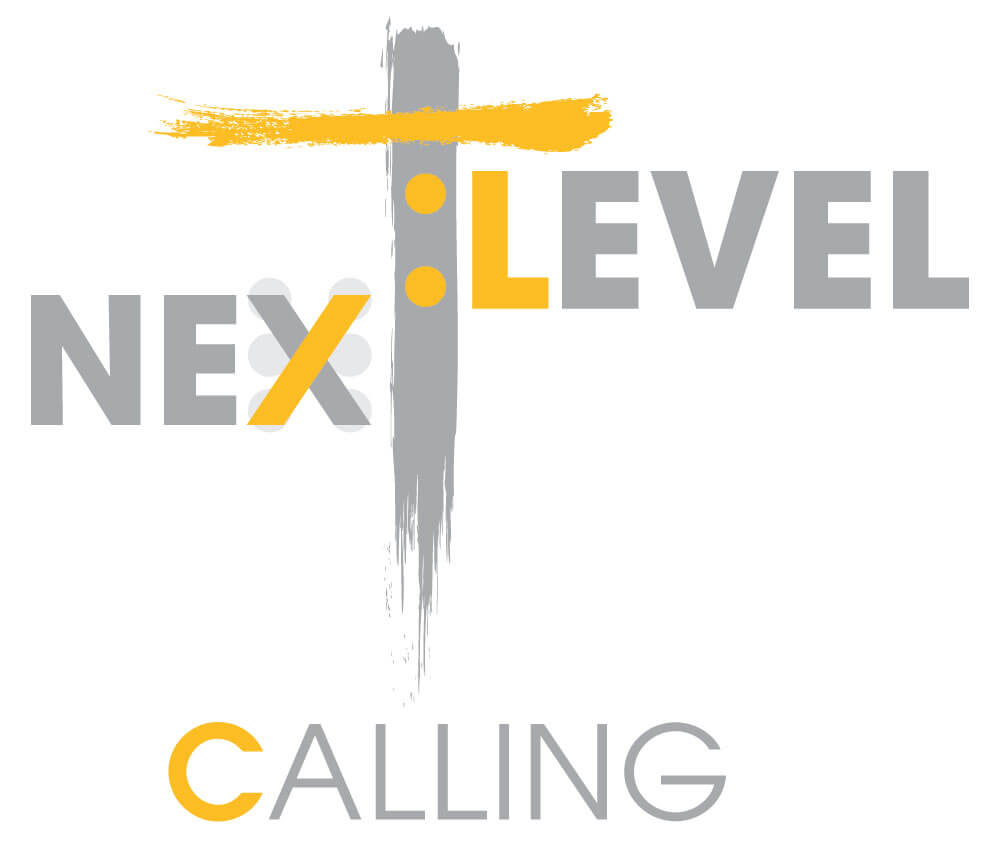Running a business, particularly as an entrepreneur, requires careful attention to various aspects, with compliance being a key priority. Falling behind on paperwork can lead to fines or legal consequences. One crucial aspect of compliance is obtaining the necessary licenses, specifically a business license, which is a legal requirement for successful business operations.
In this article, we will cover the fundamentals of business licenses, including their types and significance, helping you determine the specific license needed for your business.
What Is a Business License?
A business license is a legal document permitting the operation of a business within a specific jurisdiction. Local governments issue these licenses, making them mandatory for businesses of all sizes and types.
Why Is Licensing A Business Important?
Operating a business without the requisite license is a legal violation, potentially resulting in fines or imprisonment. Moreover, a business license is essential for various activities, such as opening a bank account, conducting business in your name, and applying for government contracts, grants, and loans.
Furthermore, governments use business licenses to collect taxes and fees, ensuring that transactions are subject to applicable levies like VAT (Value Added Tax).
Types of Business Licenses:
Business licenses are categorized into local, state, and federal licenses.
Local Licenses And Permits:
These are issued by city or county governments and include building permits, zoning, and land use permits, local business operating licenses, fire department permits, environmental licenses and permits, health licenses and permits, and signage licenses or permits.
State Licenses And Permits:
Certain industries or businesses operating in specific areas require state licenses, including state business operating licenses, tax registrations and permits, occupational licenses, seller’s or sales licenses or permits, and unemployment insurance licenses (required for businesses with employees).
Federal Licenses And Permits:
Federal agencies issue licenses for specific industries, such as agriculture (U.S. Department of Agriculture), drug manufacturing (Food and Drug Administration), alcoholic beverages (Local Alcohol Beverage Control Board), aviation (Federal Aviation Administration), fish and wildlife (U.S. Fish and Wildlife Service), maritime transportation (Federal Maritime Commission), and firearms, ammunition, and explosives (Bureau of Alcohol, Tobacco, Firearms, and Explosives).
Do I Need a Business License to Sell Online?
Yes, a business license is required to sell online. Compliance with both state and federal regulations is crucial, necessitating verification from local government offices before commencing your business to avoid regulatory penalties.
DBA vs. LLC:
A “doing business as” (DBA) license allows operation under a different name, but it doesn’t provide legal protection for personal assets. On the other hand, a limited liability company (LLC) offers legal protection, tax flexibility, and various filing options. Deciding between a DBA and LLC depends on your business needs and preferences.
End Note
Understanding the nuances of business licenses is vital for legal and successful business operations. For more insights and articles on business growth, follow us on Facebook and Instagram. Join our Christian Business Fellowship at NextLevelCalling.com to embark on your entrepreneurial journey.

